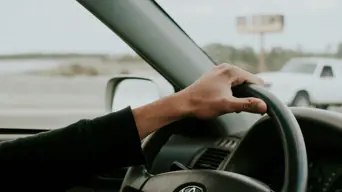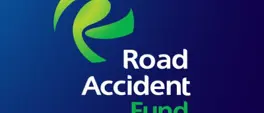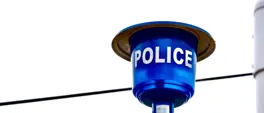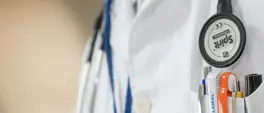10 tips for buying a second-hand car privately
Keely Goodall
25 September 2025 | 9:32Second-hand cars can be significantly cheaper than new, but there are some risks to look out for.

CapeTalk’s Pippa Hudson speaks with Ernest North, the co-founder of Naked.
Listen below:
If you want to buy a second-hand car without going through a dealership, there are a few factors to consider.
While you can save money doing it this way, there are several risks to be aware of.
Here are some top tips to help you get the most value for your money when buying your car.
1: Know what pricing is fair
Before buying a second-hand car, ensure you do your homework on pricing.
Consider the model, age, and mileage of the car, and do some research on the average sale price for similar vehicles.
“It has become easier than ever before to shop around comprehensively.”
- Ernest North, the co-founder of Naked
2: Ask some questions
Never buy a used car solely based on its appearance.
Before agreeing to anything, you should ask questions such as how old the car is, how many owners it has had, and how long the previous owner had it.
You should also check the mileage, the accident history, and determine if there are any outstanding finance payments. Additionally, find out why they are selling the car.
3: Meet in a public space
For your own safety, it is best to meet in a public space when buying a secondhand car rather than at either the buyer's or seller's house.
That way, if something does go wrong, there are other people nearby and the situation is less likely to escalate.
4: Inspect the car
When you first see the car in person, examine it carefully to ensure there are no obvious issues.
Watch out for signs of wear and tear, problems with the tyres or brakes, or any damage from accidents.
North recommends hiring a professional to inspect the car thoroughly before purchasing it.
5: Take it for a test drive
Sometimes a car may look perfect from the outside, but have all sorts of problems on the road.
Taking a car you intend to purchase for a test drive can help you ensure it handles properly, the ignitionfunctions, and there are no unusual noises coming from the engine or brakes.
“Realistically to fight with a private individual afterwards to try and get your money back is almost impossible.”
- Ernest North, the co-founder of Naked
6: Confirm all documentation is in order
Once you are satisfied that the car itself is in good enough condition, you need to check the paperwork.
Ask the seller for original copies of the registration documents in their name, proof of ownership, a roadworthy certificate, and service history.
You should also ensure that the vehicle identification number (VIN) and engine number match the information on the documents.
7: Watch for signs of a potential scam
If the price of the car is being sold for far less than market value, or the seller is pushing for a deposit before you’ve seen the car, the sale is likely a scam.
Other red flags are if the seller does not have original paperwork or asks you to pay money into a foreign account.
8: Know how payment and ownership transfers work
When you decide to buy a car, avoid paying in cash.
Bank transfers are far safer, as this will ensure you have an audit trail for the vehicle.
RELATED: Best second-hand starter cars for new drivers
9: Put it in writing
For a purchase this size, a contract is an absolute necessity.
Create a contract that includes detailed information about both parties, the vehicle, and the sale terms to protect the interests of both parties.
10: Register the car in your own name
Once you have made your purchase, go to your local traffic department and register the car in your name.
To complete this process, you will need the roadworthy certificate, sales agreement, proof of residence, and a copy of the seller’s identification.
Scroll up to the audio player for more.
Get the whole picture 💡
Take a look at the topic timeline for all related articles.
















